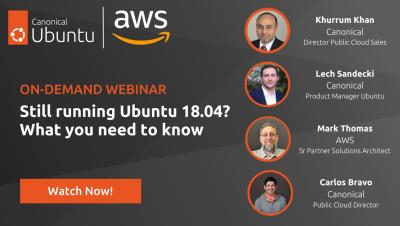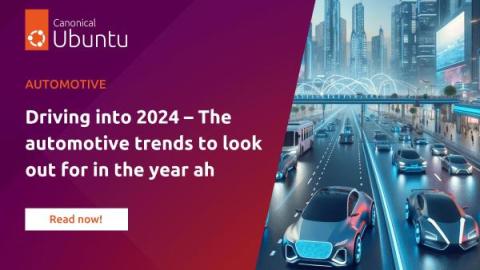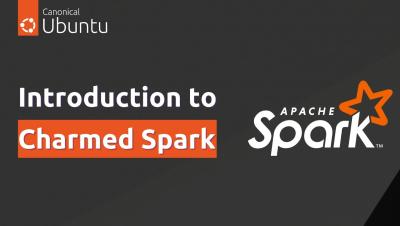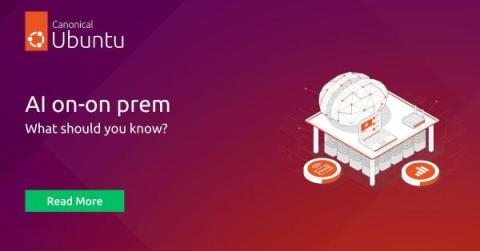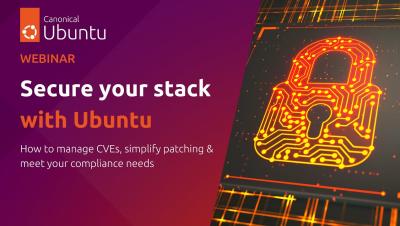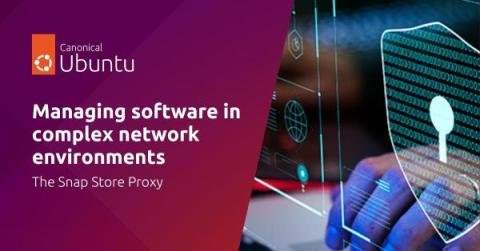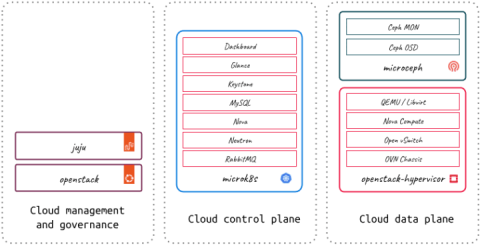Still running Ubuntu 18.04? What you need to know
Ubuntu 18.04 LTS, installed by millions of users and continuing to have a massive footprint on AWS, hit its End of Standard Support in May 2023. When using an unsupported version of Ubuntu LTS, your system and your end users are vulnerable to security risks. Not every company has the time or resources to undertake a migration project to a later and supported Ubuntu LTS distribution which is why many are adopting Ubuntu Pro.


